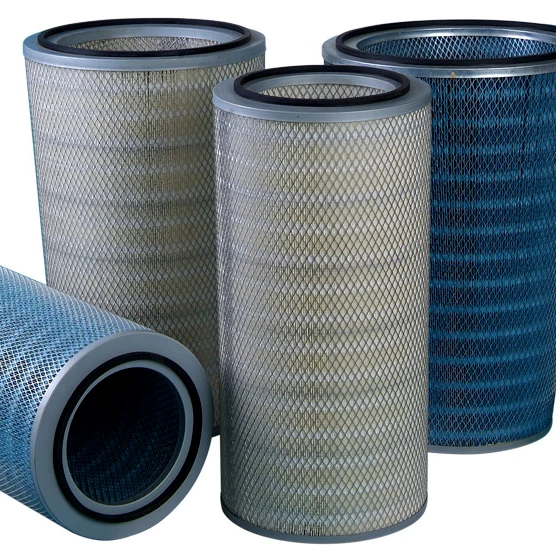 Tel:
+8615930870079
Tel:
+8615930870079
Dec . 10, 2024 11:58 Back to list
stainless steel filter element
The Role of Stainless Steel Filter Elements in Modern Filtration Systems
In today's industrial landscape, the demand for efficient and reliable filtration systems has never been more critical. Among the various materials used in the construction of filter elements, stainless steel has emerged as a favored choice for many applications. Stainless steel filter elements provide a combination of durability, corrosion resistance, and reusability, making them an ideal solution for industries ranging from food and beverage to pharmaceuticals and petrochemicals.
Advantages of Stainless Steel Filter Elements
1. Corrosion Resistance One of the most significant benefits of using stainless steel is its resistance to corrosion. Unlike other materials, such as plastic or carbon steel, stainless steel does not easily rust or degrade when exposed to moisture or harsh chemicals. This feature is essential in applications where filter elements are in contact with corrosive substances, ensuring longevity and reducing the frequency of replacements.
2. Durability and Strength Stainless steel filters are robust and can withstand high pressures and temperatures, making them suitable for a wide range of applications. Their structural integrity means they can endure extreme working conditions without compromising performance. This durability translates into fewer maintenance requirements and a lower total cost of ownership over time.
3. Reusability and Easy Cleaning Unlike disposable filters, stainless steel filter elements can be cleaned and reused, a significant advantage for operations focused on sustainability. They can be backwashed or subjected to chemical cleaning processes, making them a cost-effective choice in the long run. This reusability not only reduces waste but also minimizes operational downtime, as filters can be restored to service without needing replacement.
4. Versatility Stainless steel filter elements come in various shapes and configurations, including mesh screens, depth filters, and cylindrical cartridges. This versatility allows for customization to meet specific filtration needs, whether for liquid or gas processes. Industries can select filter elements based on their unique requirements, such as pore size, flow rate, and adsorption characteristics.
stainless steel filter element

5. High Filtration Efficiency With the ability to be manufactured in fine mesh or as sintered elements, stainless steel filters can achieve high levels of filtration efficiency. They can effectively capture particles ranging from large debris to microscopic contaminants. This characteristic is particularly important in sectors such as pharmaceuticals and food processing, where product purity is paramount.
Applications of Stainless Steel Filter Elements
Stainless steel filter elements are used extensively in various sectors. In the food and beverage industry, they play a crucial role in ensuring that the products are free from impurities, protecting both consumer health and brand reputation. In the chemical and petrochemical fields, these filters are essential for maintaining the quality of raw materials and finished products by removing contaminants that could affect chemical reactions or end-user safety.
In water treatment plants, stainless steel filter elements are used to remove particulate matter and biological contaminants, contributing to cleaner and safer water supplies. Moreover, in aerospace and automotive industries, their ability to withstand extreme conditions makes them valuable for filtration in hydraulic and lubrication systems.
Conclusion
As industries strive for efficiency and sustainability, the adoption of stainless steel filter elements continues to increase. Their unique properties—corrosion resistance, durability, reusability, versatility, and high filtration efficiency—render them indispensable in modern filtration systems. As technology advances and the demands of various sectors evolve, stainless steel filters will undoubtedly play a pivotal role in ensuring clean, safe, and high-quality products. Whether it’s about enhancing product quality or protecting valuable machinery, the significance of stainless steel filter elements cannot be overstated. Embracing these advanced filtration solutions is a step toward achieving operational excellence in a rapidly changing industrial environment.
-
Types and Applications of Air Filtration CartridgesNewsJul.28,2025
-
The Role of Gas Turbine FiltersNewsJul.28,2025
-
Mastering Air Filter Cartridge UseNewsJul.28,2025
-
Advanced Turbine Filters for Modern Gas TurbinesNewsJul.28,2025
-
Cellulose Air Filter Cartridge Advantages in Dust FiltrationNewsJul.28,2025
-
Cellulose Filters for Air Particle ReductionNewsJul.28,2025

 Email:
Email:





